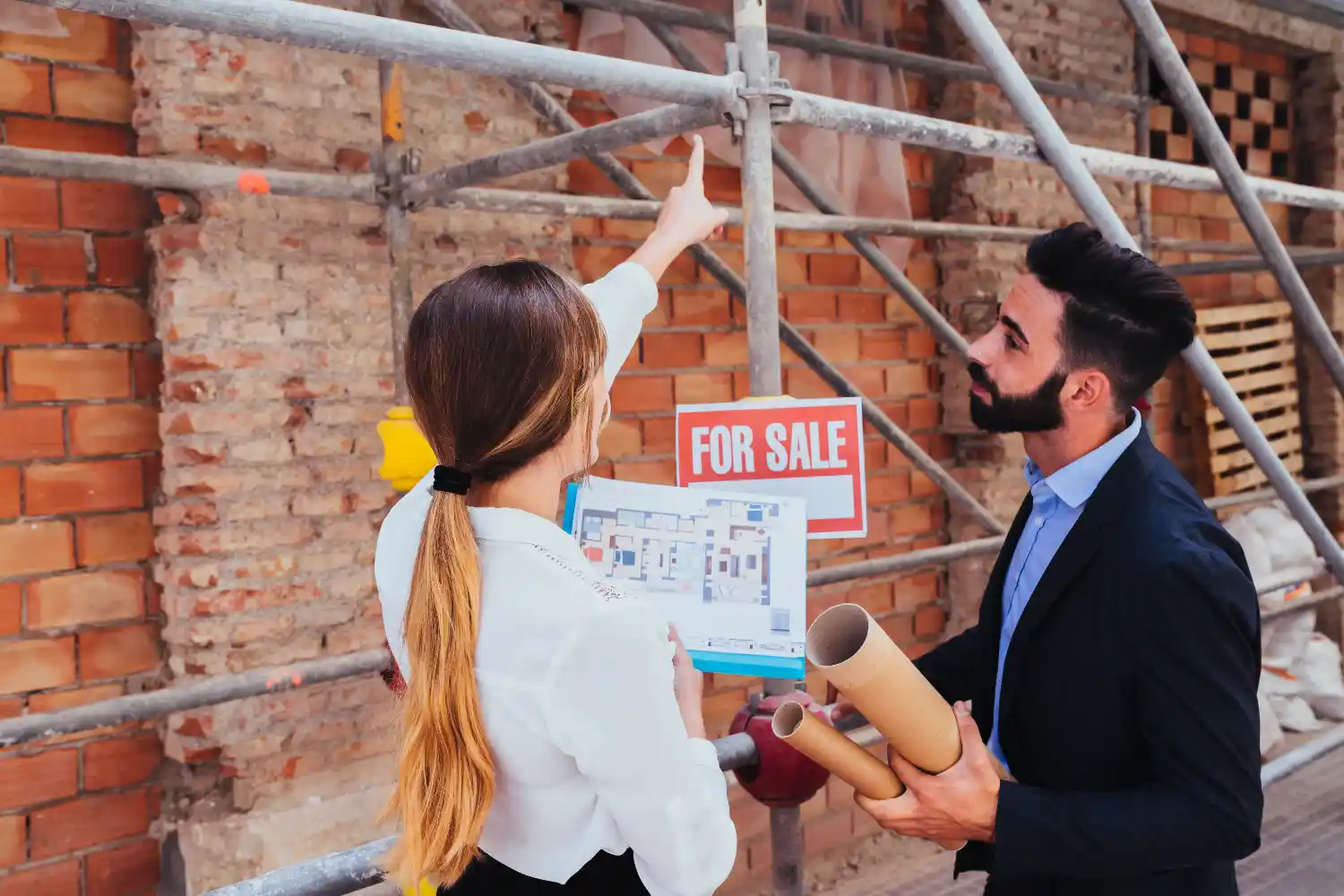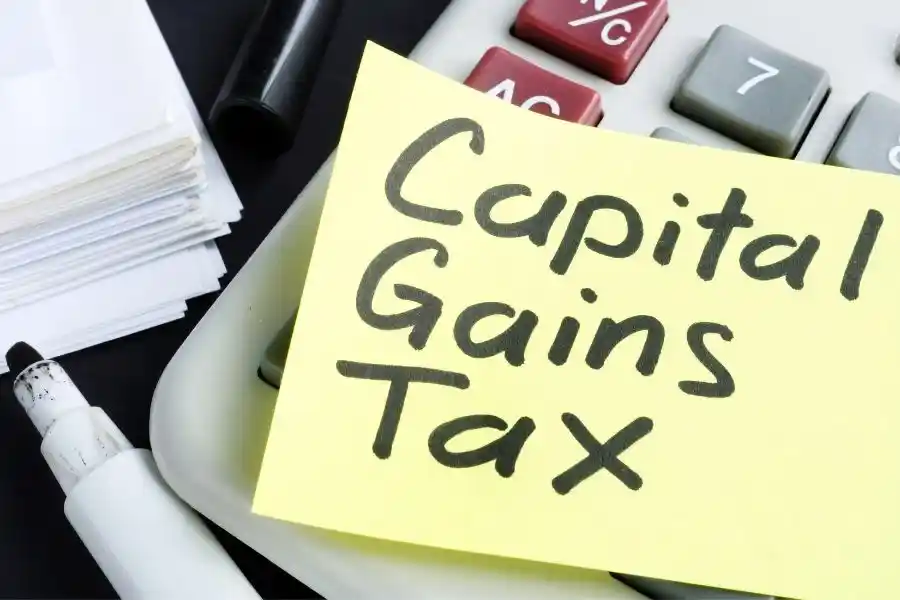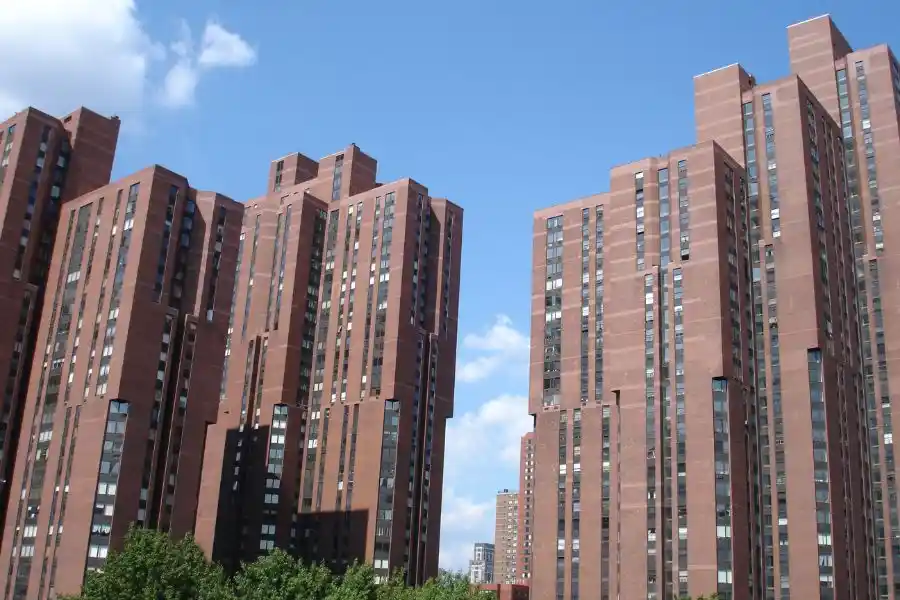Considering the price difference between condos and co-ops, it’s natural to lean towards the latter. But it’s also natural to be skeptical (especially because of the lower price) and ask yourself – What are the cons of buying a co-op in NYC? The most significant ones are:
Buying Process
The buying process can be brutal. The co-op board holds enormous power and can reject you for any reason other than discrimination. Typically, you would need to have healthy finances, complete a comprehensive board package, and pass the board interview to get accepted. Even if you can get a mortgage (meaning your financial situation is good enough for the bank), the co-op might still reject you if they think you are not financially consistent or viable enough. The process can be longer and require more time and effort than other properties.
Restrictive Rules
Co-ops often have restrictions on pets, noise levels, the type of appliances you can install, and even renovation and repair restrictions (like what time the renovations can be done). Most co-ops also have restrictive subletting rules, and even when they allow it, they have the power to reject prospective tenants.
Resale Challenges
Selling a co-op apartment can be challenging for two reasons. One is that the board will have the final say about the sale of your apartment. They can reject potential buyers for any reason, including the price, if they deem it too low. The other is a flip tax, which is more common in co-ops than condos. It’s a percentage of the price you need to give to the co-op when you sell.

Financial Burden
Lastly, co-op monthly maintenance fees are higher because they also include the overall property tax. Since they tend to be older, co-ops with depleted financial reserves can be a major financial burden on the residents since they can need to pay assessments if the building has any expenses.
A New York City broker can help you navigate the challenges of buying and guide you on the rest so you can make an informed choice between condos and co-ops and about the co-ops that best suit your needs and budget.
A credit score does more than impact your ability to buy a home in NYC. If you have a good score, you may get a good rate. But if you have a weak credit score, even if you manage to secure a mortgage, the rate wouldn’t be as good. As your New York City broker will probably tell you, it’s a good idea to know about your credit score before you start house-hunting. You can request a free copy from the three main credit bureaus once a year.
Also Read: Co-Op Financial Requirements in NYC












